On March 01, 1726 in Celtic History
Abraham shackleton, a quaker, opens a school at ballitore, co. kildare. edmund burke will later be a pupil
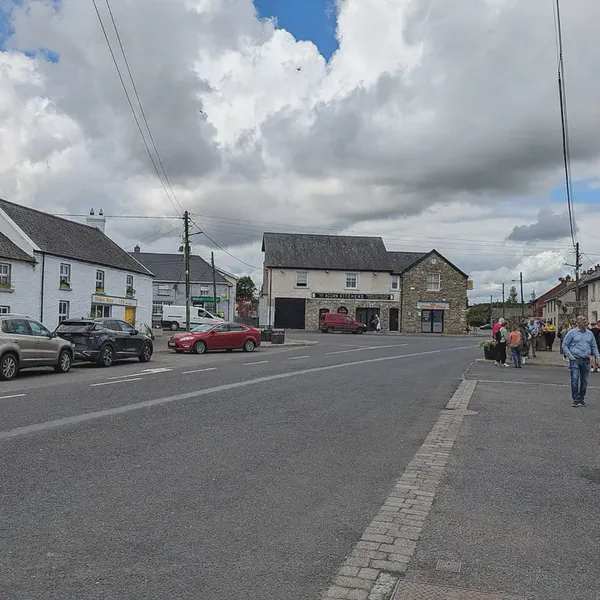
Abraham Shackleton, a Quaker, founded a school in Ballitore, County Kildare, Ireland, in 1726. This school quickly garnered a reputation for its progressive educational approach and its inclusivity, welcoming students regardless of religious affiliation in a time when such openness was not common. The Shackleton School in Ballitore became known for providing a broad and liberal education, which was somewhat unique in Ireland at the time.
One of the school’s most notable pupils was Edmund Burke (1729–1797), who would go on to become one of the most influential statesmen and political thinkers of the 18th century. Burke attended Abraham Shackleton’s school from around 1741 to 1744. The education he received there, grounded in tolerance and intellectual rigor, is thought to have had a lasting influence on his political philosophy and writings. Burke is often remembered for his support of the American Revolution, his opposition to the French Revolution, his philosophical enquiries into the nature of beauty and the sublime, and his foundational contributions to conservative political theory.
The connection between Burke and the Shackleton School in Ballitore underscores the significant impact that education, and in particular the values instilled by educators and institutions, can have on students and their future contributions to society. The legacy of Abraham Shackleton’s school continued well beyond its founder’s lifetime, remembered not just for its academic excellence but also for its commitment to principles of equality and respect for diversity.
More From This Day

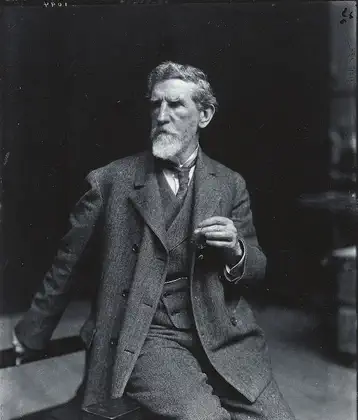
Augustus St. Guadens, Irish sculptor of Dublins Parnell monument, is born
March 01, 1848

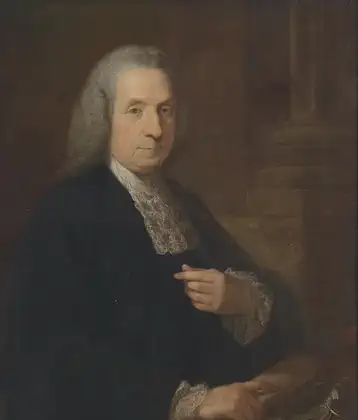
Birth of Philip Tisdall, politician and Attorney General noted for his lavish hospitality
March 01, 1703
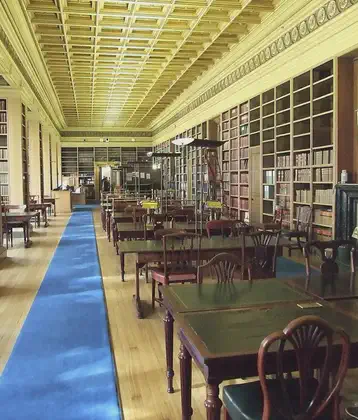
The Advocates Library opened by its founder, Sir George Mackenzie, the Lord Advocate
March 01, 1682
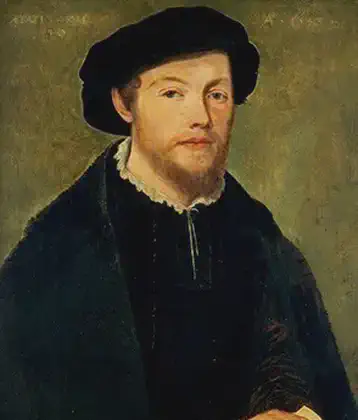
George Wishart, a Protestant martyr, was burned at the stake in St Andrews
March 01, 1546